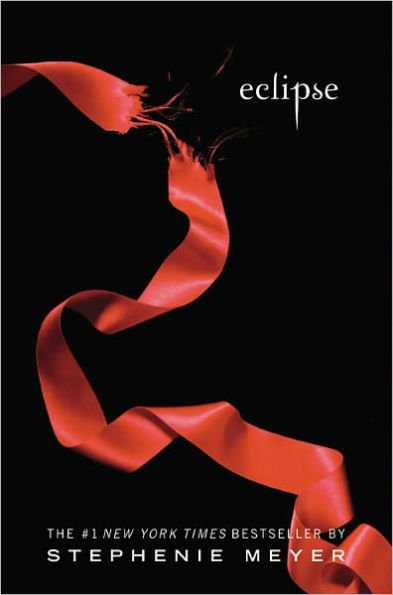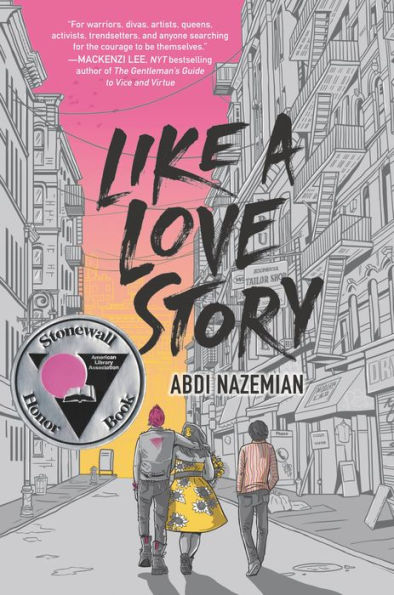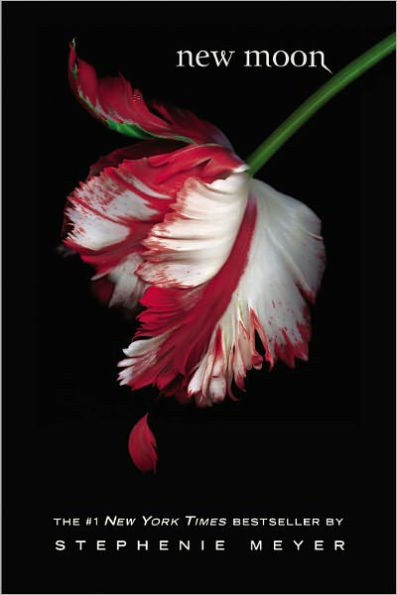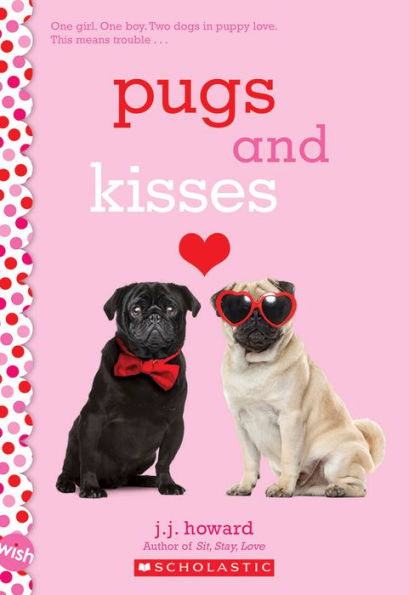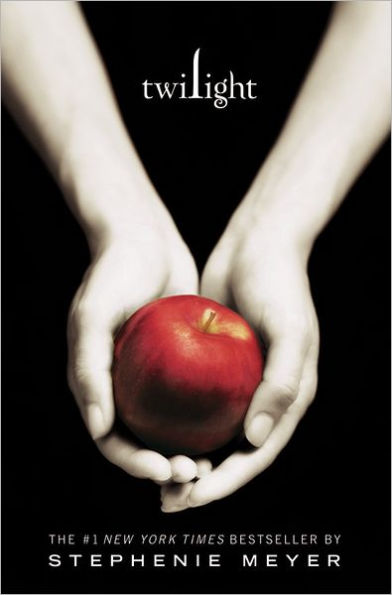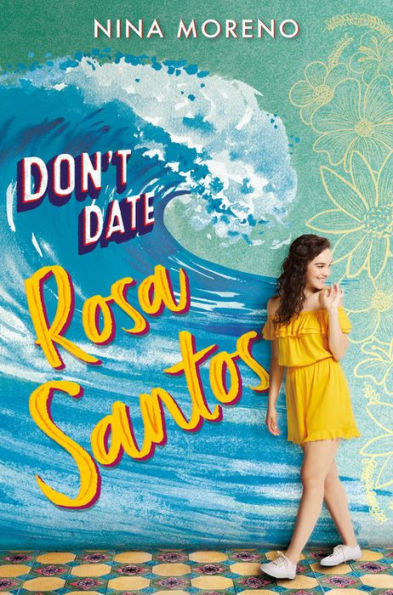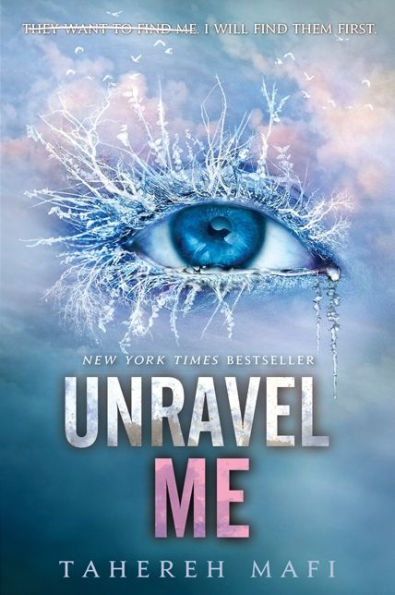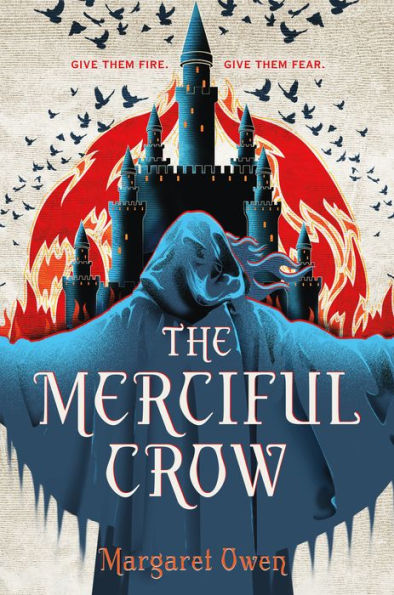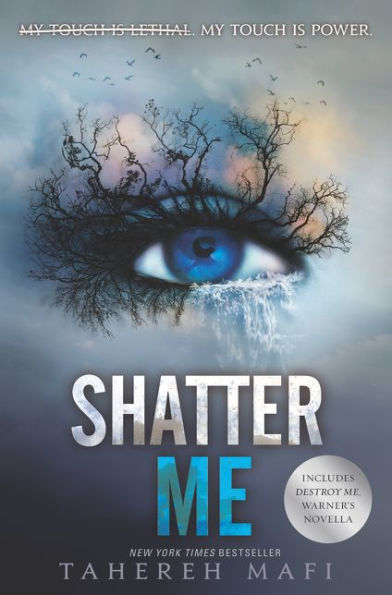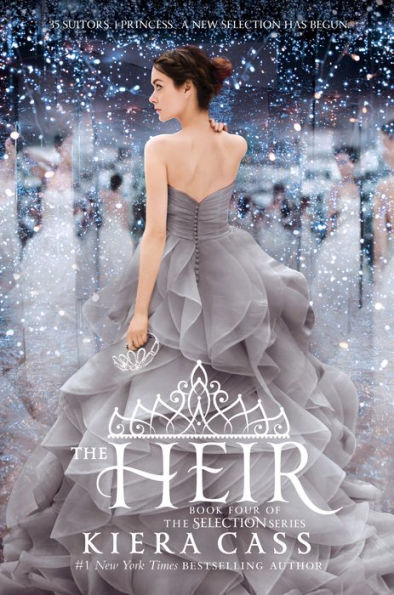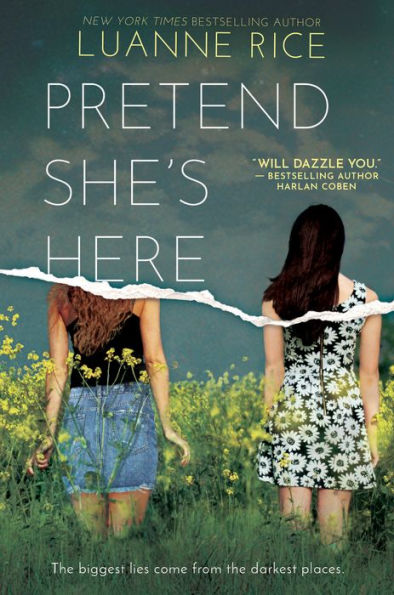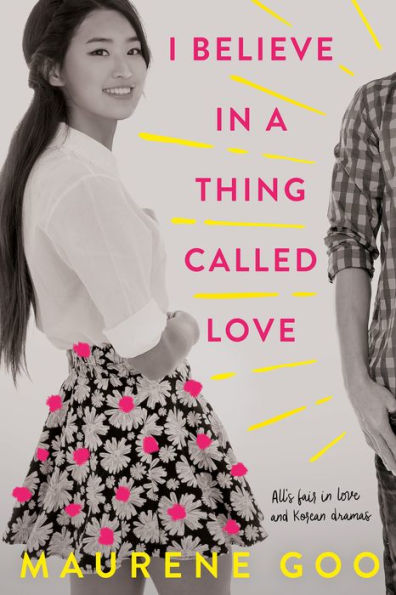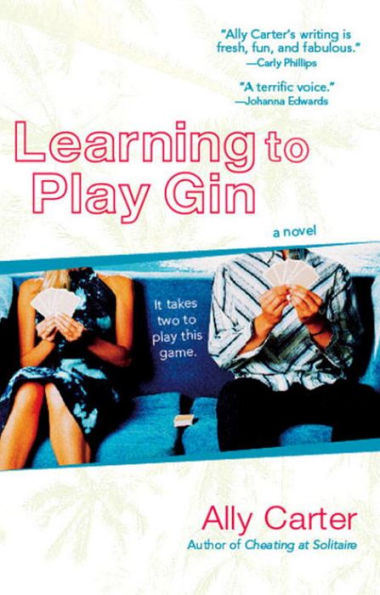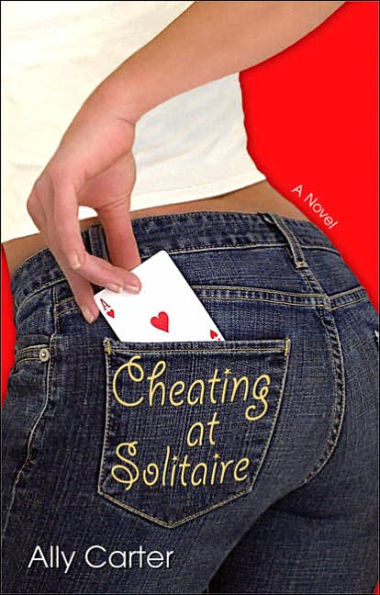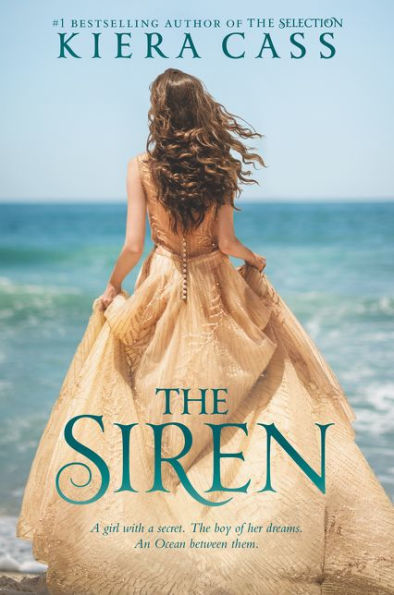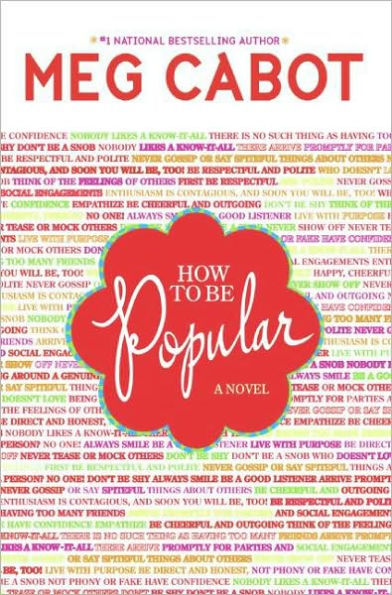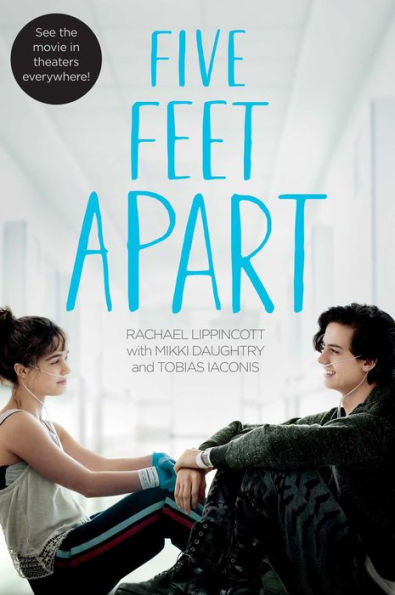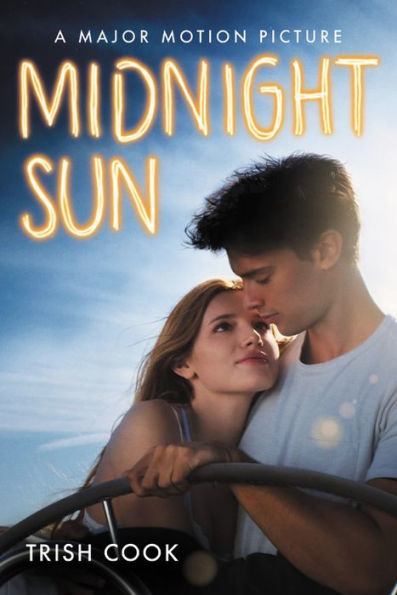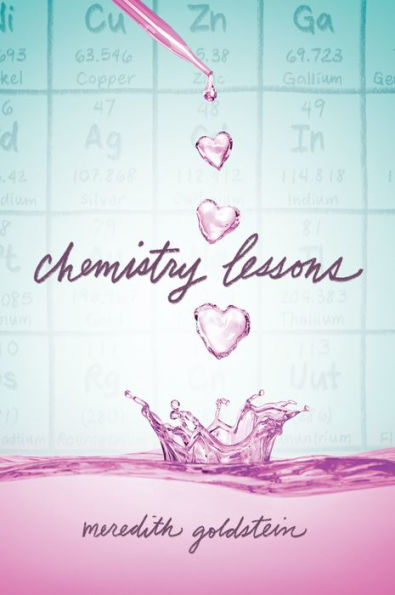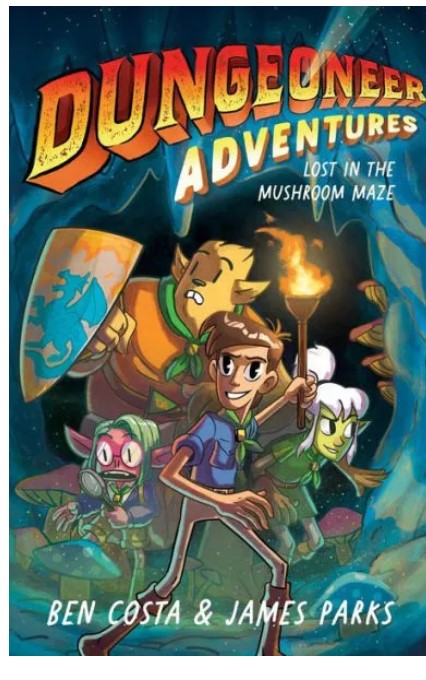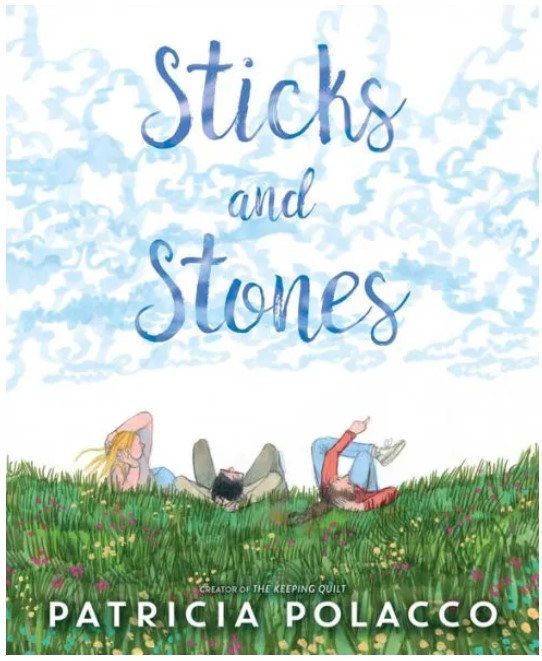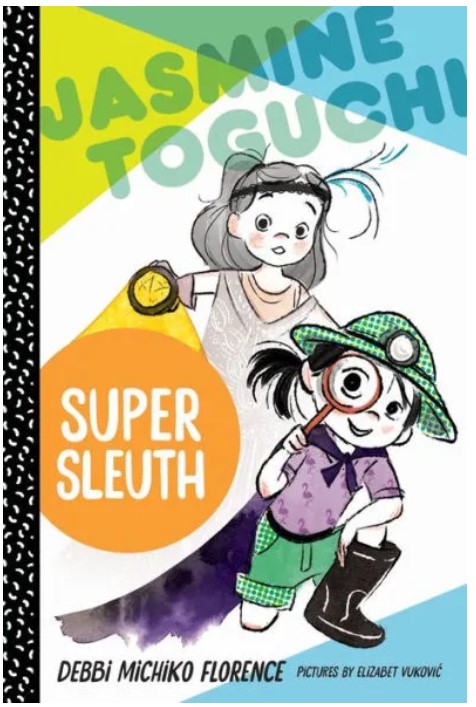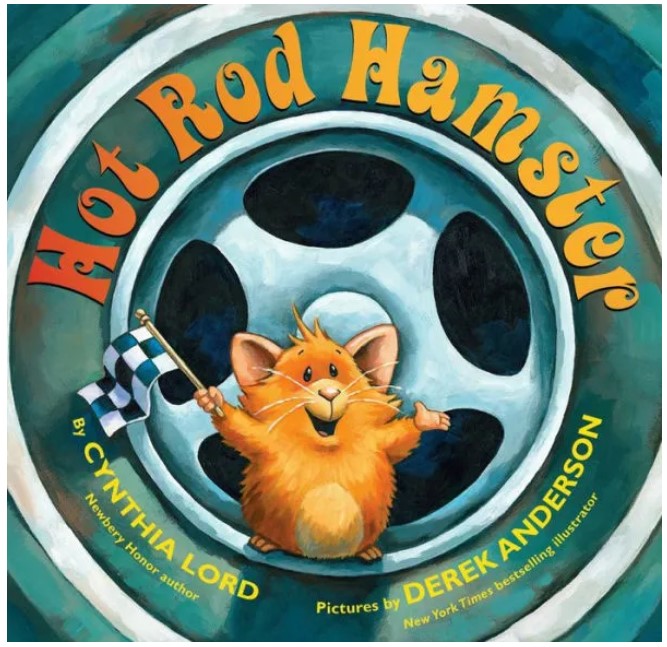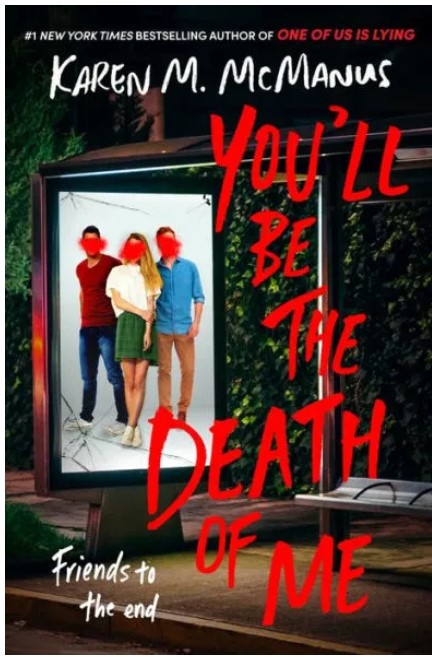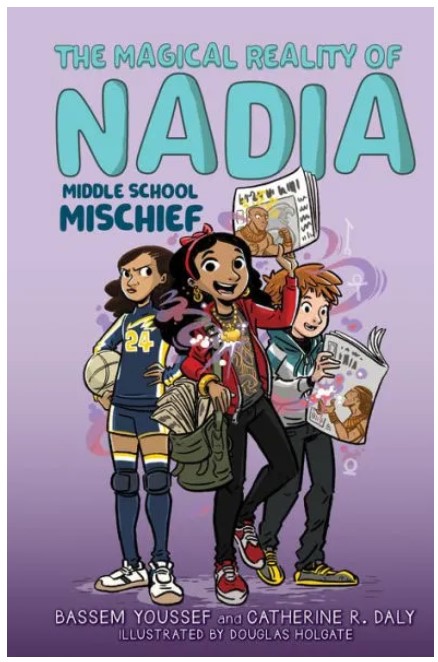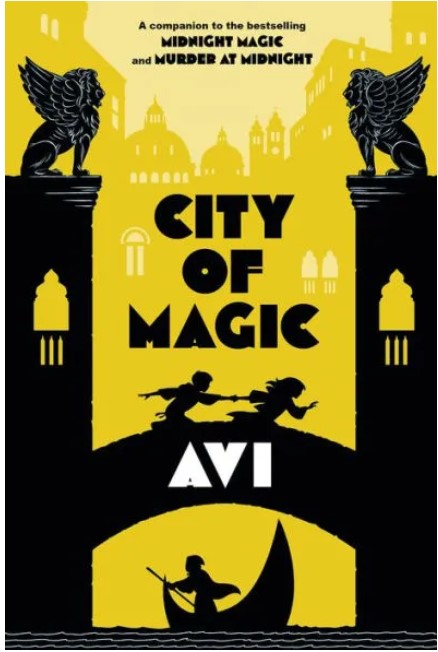Now that Edward is back, Bella wants things to go back to the way they were…but too much has changed. Her best friend Jacob happens to be a werewolf, the mortal enemy of vampires. She is desperate to keep her friendship with Jacob, but she isn’t sure how that will be possible. Edward actively stops her from seeing Jacob, and Bella is constantly hurting her best friend by not loving him the way he wants her too.
Even worse, old enemies are on the prowl. The Vulturi will be a threat until Bella is changed into a vampire. She wants to change immediately, but Edward’s family insists on waiting until after her high school graduation. To Bella, it seems a terrible time to remain human, especially as Victoria is back, and more elusive than ever on her quest for revenge.
Eclipse spins out a heartbreaking love triangle among constant danger and suspense, which forces Bella to decide how much sacrifice love is worth. This installment in the Twilight Series will captivate readers of both Team Edward and Team Jacob, and it will leave them in breathless suspense until the end. As the series hurtles towards its final book, Bella will make a heartbreaking decision that will decide the trajectory of her life.
Eclipse combines Edward’s family and their enemies from Twilight with the werewolves introduced in New Moon. The interactions between these two sets of immortals will excite readers and keep them turning the pages long into the night. Parents may not like that Bella pushes to sleep with Edward, but they will appreciate that Edward says no – he will not sleep with her until they are married. Overall, Eclipse continues to uphold the quality of this engaging series.
Sexual Content
- Bella and Edward kiss several times. Some are described in detail, such as “My arms locked behind his neck . . . One hand slid down my back, pressing me tighter against his stone chest . . . Making the most of my last seconds, I crushed myself closer, molding myself to the shape of him. The tip of my tongue traced the curve of his lower lip.” Other kisses are briefly described, such as, “He interrupted me with a quick kiss,” or “then he pulled the helmet off so that he could kiss me.”
- When Bella’s dad tries to talk to her about being safe “when you’re physically involved,” Bella exclaims, “Please tell me you are not trying to have a sex talk with me.” When her father refuses to drop the subject, she says, “I really wish you were not forcing me to say this out loud, Dad. Really. But . . . I am a . . . virgin, and I have no immediate plans to change that status.”
- Angela and Ben, two friends from Bella’s school, are dating. Ben “threw his arm around Angela’s neck and pulled her face down to his height so that he could kiss her enthusiastically.”
- Edward kisses Bella to make Jacob jealous. “I turned my face up for a goodbye peck, but Edward took me by surprise, fastening his arms tightly around me and kissing me with as much enthusiasm as he had in the garage—before long, I was gasping for air.”
- Jacob thinks Bella is in love with him, and to prove it he kisses her. Jacob’s “lips crushed mine, stopping my protest. He kissed me angrily, roughly, his other hand gripping tight around the back of my neck making escape impossible . . . Acting on instinct, I let my hands drop to my side, and shut down. I opened my eyes and didn’t fight, didn’t feel . . . It worked. The anger seemed to evaporate, and he pulled back to look at me. He pressed his lips softly to mine again, once, twice . . . a third time. I pretended I was a statue and waited.”
- Edward and Bella make out in bed. “His hand curved around my elbow, moving slowly down my arm, across my ribs, and over my waist, tracing along my hip and down my leg, around my knee. He paused there, his hand curling around my calf. He pulled my leg up suddenly, hitching it around his hip . . . he rolled to the side, pulling me on top of him.”
- Bella wants to sleep with Edward, but he insists they be married first.
- Bella kisses Jacob twice. The first time, “my lips were moving with his in strange, confusing ways they’d never moved before – because I didn’t have to be careful with Jacob, and he certainly wasn’t being careful with me.” Then, Jacob’s “hands were soft on my face and his warm lips were gentle, unexpectedly hesitant. It was brief, and very, very sweet.”
Violence
- Two vampires, Victoria and Riley, attack Bella. Edward and Seth, a werewolf, defend her. “Riley was on his feet again, looking misshapen and haggard, but he was able to fling a vicious kick into Seth’s shoulder. I heard the bone crunch . . . Riley took a swipe at him with one mangled hand . . . Riley bellowed and launched a massive backhanded blow that caught Seth full in his broad chest. Seth’s huge body soared ten feet and crashed into the rocky wall over my head with a force that seemed to shake the whole peak.” The fight takes place over eight pages.
- Edward and Seth dismember and burn the bodies of the two vampires that attacked them. “Swift and coolly businesslike, [Edward] dismembered the headless corpse . . . I didn’t have time to recover before both he and Seth were back . . . Seth was carrying a large chunk – the torso – in his mouth.”
Drugs and Alcohol
- Rosalie tells a story about her former fiancé. “I’d never seen him drink before. A toast, now and then, at a party. He’d told me he didn’t like champagne. I hadn’t realized that he preferred something much stronger.”
Language
- Damn is used several times. When Bella discovers her friend Jacob isn’t aging, she says “Damn it! What kind of world is this?” Another time, when Jacob hurts himself he says, “Damn it! Ouch!”
- Crap is used several times. Bella tells Edward, “Screw the protecting me crap, please.”
- Hell is used a few times. Once, Bella demands, “What the hell is all this?” Later when Jasper is telling a story, he says, “All hell broke loose.”
- Pissed is used once. Jacob thinks, “Pissed as I was, I still felt guilty when I watched the spasm of pain shoot across her face.”
Supernatural
- Edward and his family are vampires, and Bella meets other vampires that pass through Forks. Unlike most vampires, Edward and his family survive off the blood of animals, so they do not have to murder people.
- Some vampires have special abilities. Edward can read minds; his brother Jasper can control the emotions of those around him; his sister Alice can see bits and pieces of the future.
- Jacob and his tribe can transform into giant wolves. “With another sharp tearing sound, Jacob exploded, too. He burst out of his skin—one second it was Jacob diving into the air, and then it was the gigantic, russet brown wolf—so enormous that I couldn’t make sense of its mass somehow fitting inside Jacob.”
Spiritual Content
- None
by Morgan Lynn
